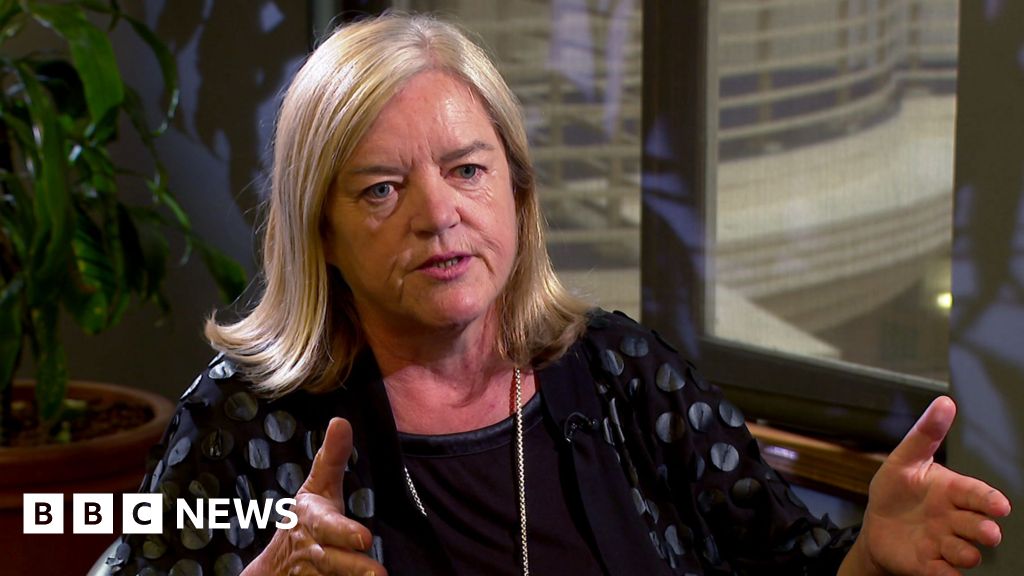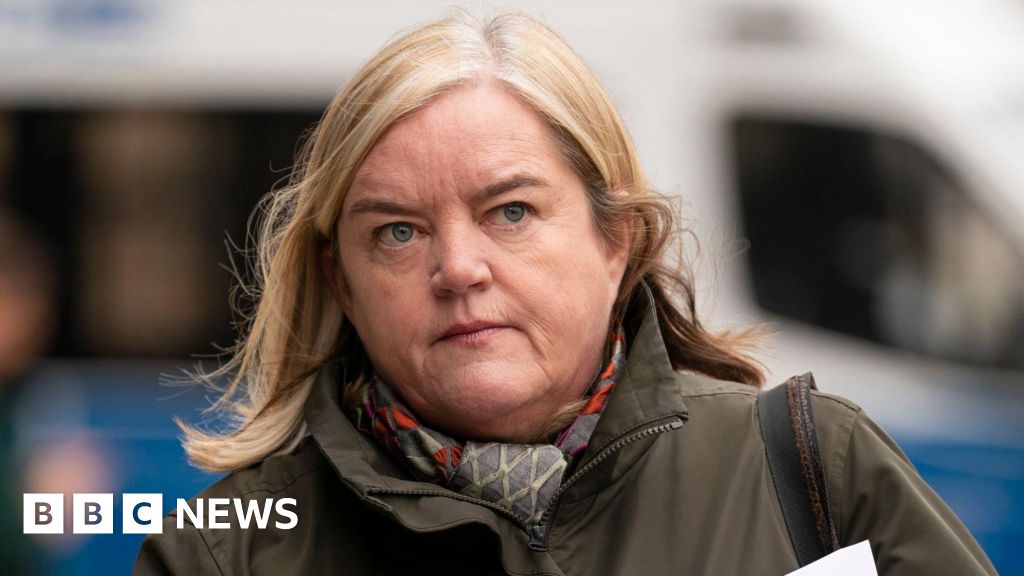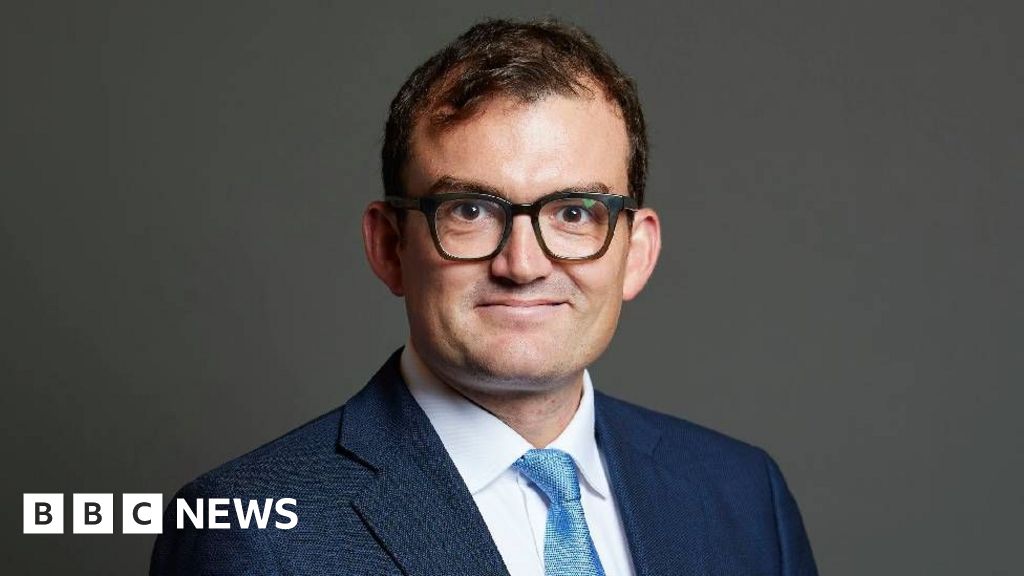ARTICLE AD BOX
Magistrates in England and Wales could be given powers to hand down longer custodial sentences under proposals to help reduce the backlog in crown courts and prisons.
The move could allow magistrates to try more serious crimes, and double the maximum punishments handed out for an offence from six to 12 months, helping a system the government said is on the “point of collapse”.
The Magistrates’ Association’s chief executive Tom Franklin, called it a “sensible move” that could “speed up justice”.
The proposal could also reduce the number of prisoners on remand - people awaiting trial. In June, there were a record 17,000 prisoners on remand, a fifth of the prison population.
In response to the proposals - first reported by the Daily Telegraph - a Ministry of Justice spokesperson told the BBC: “The new government inherited prisons on the point of collapse, which is why the Lord Chancellor took swift action by introducing emergency measures.
“We will continue to consider other long-term options to deal with the prisons crisis in a sustainable way.”
Mr Franklin said conversations considering this move are frequent between magistrates and government officials.
He told BBC Radio 4’s Today programme, that magistrates have already been trained to deal with “slightly more serious cases”, so if the proposals were approved, “the least serious cases currently being dealt with by the Crown Courts, could be dealt with as the [magistrate courts] most serious cases”.
As well as dealing with the “log jam” in the crown courts, he said it would mean that “justice is speeded up and that’s good for victims, witnesses and defenders”.
But he warned it would need to work together with more court resources, including court staff such as “legal advisors and probation officers”, the lack of whom could create “delays and cancellations that are very frustrating".
This comes after more than 2,000 prisoners were released early last week to deal with prison overcrowding.
Offenders who had served 40% of their sentence were eligible, who would otherwise have been released after serving half their sentence.
Prisoners who were in jail for serious violent offences with sentences of four years or more, as well as sex offenders, were not released.
One former inmate appeared back in court after allegedly sexually assaulting a woman on the day of his early release.

 8 months ago
27
8 months ago
27








 English (US) ·
English (US) ·